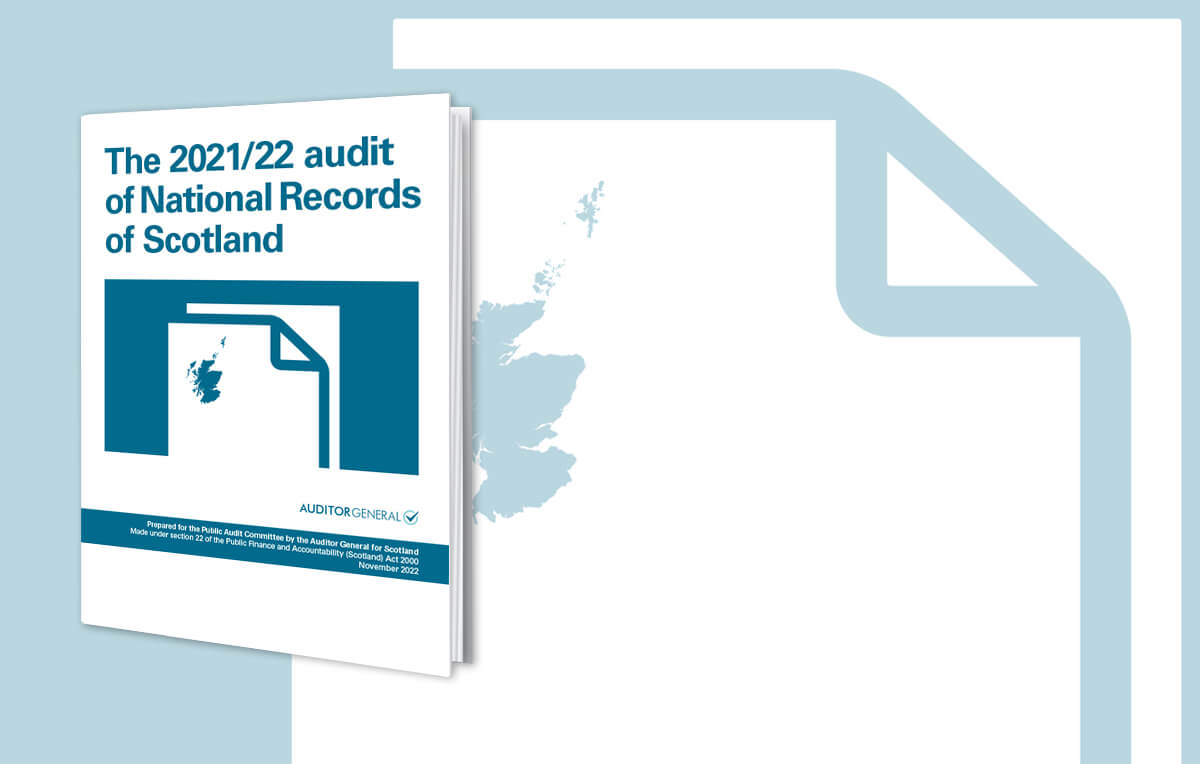Census lessons must be learned

Lessons must be learned after a low response to the 2022 census led to increased costs and additional work.
Wide concerns about an initial return rate of 79 per cent saw the 2022 census extended by a month, increasing the rate to 89 per cent. The original target had been at least 90 per cent to ensure the census data could be used to produce the most accurate population statistics. National Records of Scotland (NRS) estimates that the extension will cost it £6 million in 2022/23.
In response to the low response, the Registrar General for Scotland established an independent group of census and data experts to provide extra assurance. It concluded that NRS had a "solid foundation" to continue to the next phase of Scotland’s census. This involved an additional survey and drawing on administrative data such as the electoral register. However, the low response rate means the NRS is more reliant on the use of this administrative data than planned.
Population statistics produced from the census are used by government and other public bodies to plan services for the future and allocate funding. NRS reports that the first data outputs will be available in summer 2023. But significant work remains to be done during 2022/23 to ensure that the census delivers robust statistics.
Stephen Boyle, Auditor General for Scotland, said:
The census is a vital data gathering tool that allows public services to be planned properly.
It’s important that National Records of Scotland establishes why the return rate was significantly lower than the other countries in the UK.
Those lessons should be shared and will be crucial to planning for future censuses and surveys.





